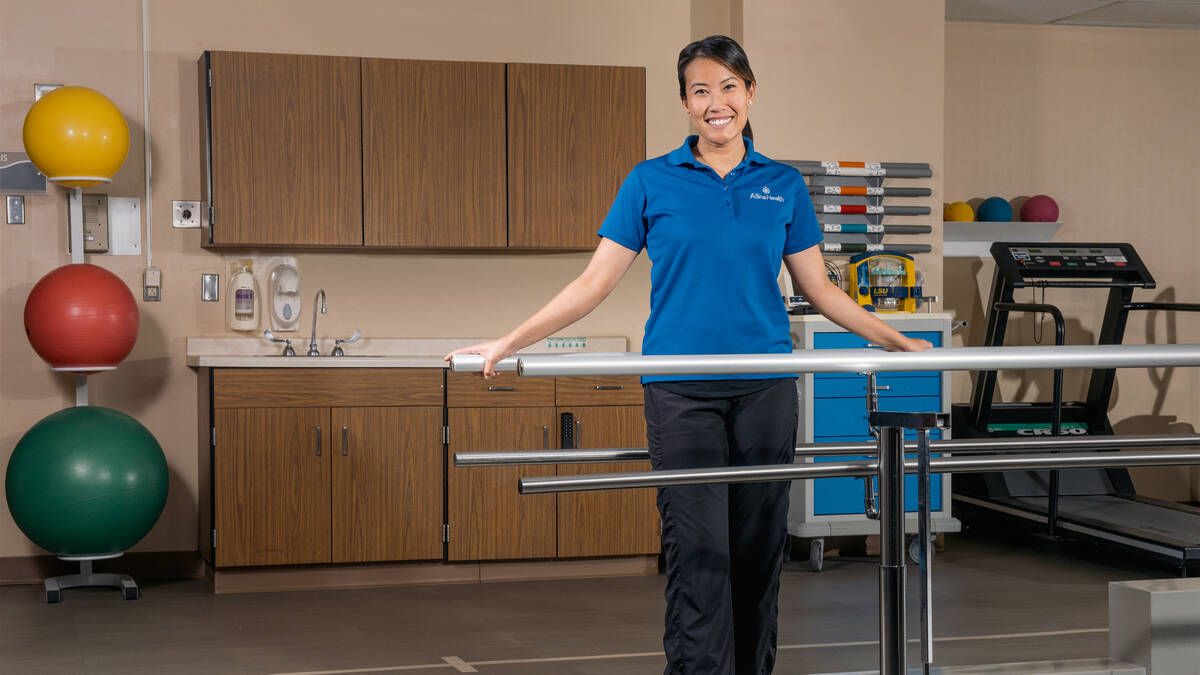Unlikely Path, A Road to Healing
Compassion
“You treat others how you want your grandmother to be treated,” Liz Jenson says. Her family showed her through example to always lead with kindness. “That’s the purpose that they demonstrated to me—no matter who you meet, you treat them like gold.”
Liz is a first-generation Vietnamese-American who grew up hearing war stories from her mother and father. Her father had been a navy medical officer and had a private practice in Vietnam and later in America. Her mother and grandmother worked together to assist her dad in getting his medical license in America. They took odd jobs to make ends meet such as working in a chicken factory, teaching English to refugees, providing job assessment/placement for refugees, and opening a hair salon and restaurant. Unfortunately, her family had to deal with many other hurdles as refugees in post-Vietnam War America -- those challenges included racism, lack of privacy due to living with host families, financial swindling, and even their home burning down. At 16 years of age, Liz's father passed away from non-Hodgkins lymphoma, and three years later her grandfather passed away from cardiac disease. "The stories of what my family had to overcome made me purposefully driven to help others,” she says. “They were committed to providing opportunities for their children to have a brighter future." Liz and her siblings are the generation that her family worked so hard for. "Nothing great is ever easy, that's why climbing a mountain is awarded at the end of your journey. Never stop along the way, just place one foot in front of the other."
Liz took an unlikely path to her medical degree in physical therapy. She graduated from Gustavus with a triple major in Theatre, Dance, and Anthropology. “Gustavus played a huge role in my life,” she says. “I started off as a professional actress and dancer. I followed my heart and passion that way. My professors Rob Gardner and Maria Gomez Tierney both helped me digest what had happened to me growing up: losing my father; being first-generation; trying to figure out who I was; being strong in my choices. They, through the arts, rooted me as a person. They helped me understand that professionally I could do it. They also guided me toward a strong need to help others. Gustavus was a huge player in that.”
“My professors ... through the arts, rooted me as a person.”
At Gustavus, her professors had time to sit down with her and talk. "My anthropology professor Karen Larson was a strong woman who thought off the beaten path. A woman of strength. Professor Gardner was a lawyer turned theatre professor. He brought intelligence to the table of arts. He was really an intellectual man who brought theatre to life. Professor Tierney taught me to root my spirit. I could evoke inner strength without having to do anything loud or flashy. They set a good example for me."
Yet, when she remembers her time at Gustavus what comes to mind isn’t a classroom, but instead Christ Chapel at the center of campus. “During blizzards or if you just needed a time to duck out, it was great. Initially I chose just to meditate in the chapel,” she says. Liz came to Gustavus as a practicing Buddhist. “But then it guided me to being Christian. It was a center of peace. Peace was a big thing for me in college. The chapel allowed me to be quiet and listen.”
Ultimately that time of self-discovery, immersion, and professional experience in the arts led her to a calling to help others in need. Today in her physical therapy practice, she strives to help any person she treats to have a better quality of life. “No matter where I have been, no matter who I’ve been surrounded by, high titles to poverty—on my medical mission trip to Vietnam, for example—I treat everyone the same. I don’t let status get in the way of being kind. If I can help with any breadth or intelligence I have, I will help. That kindness will shed light onto what is challenging to them.”
